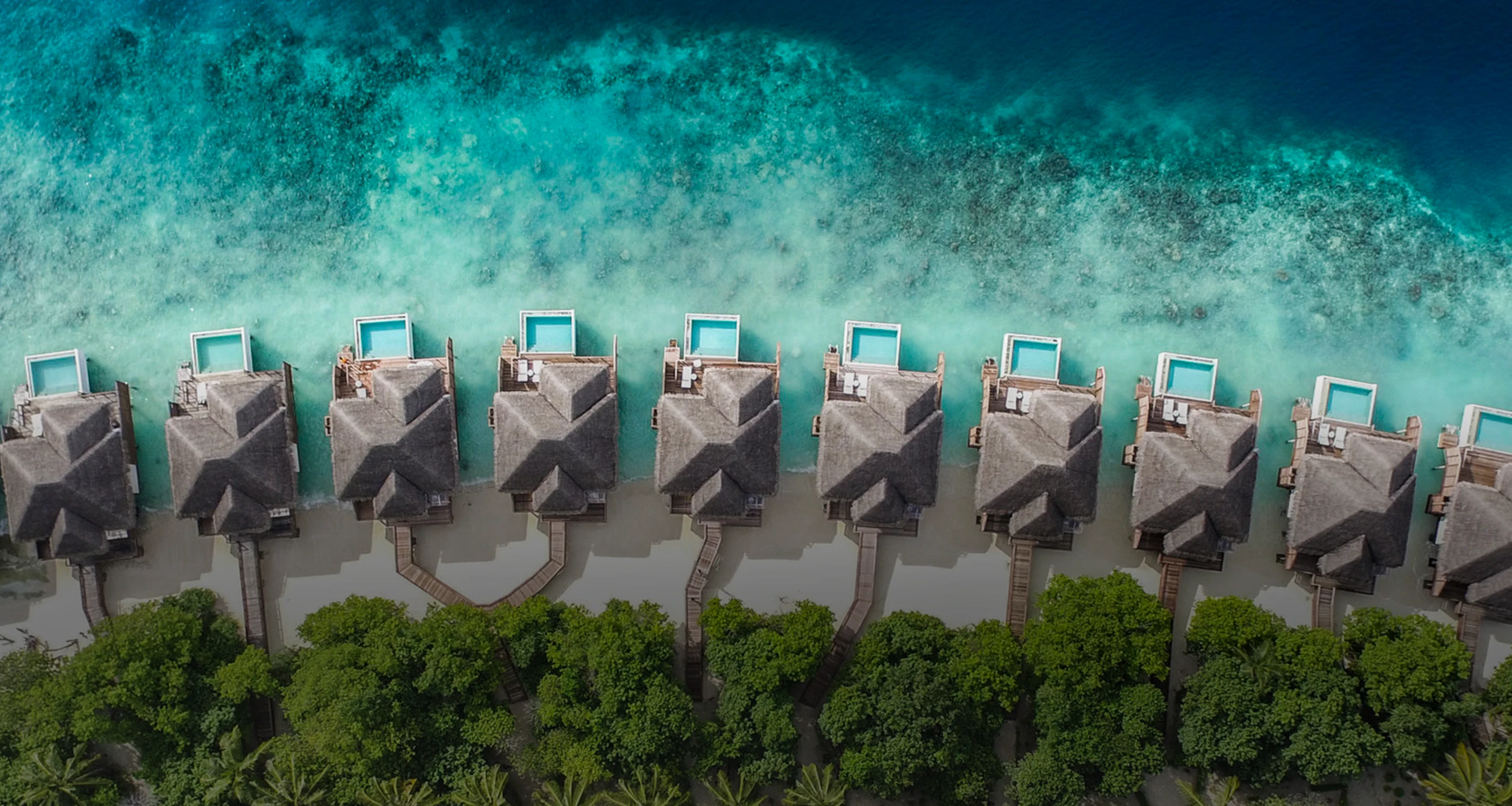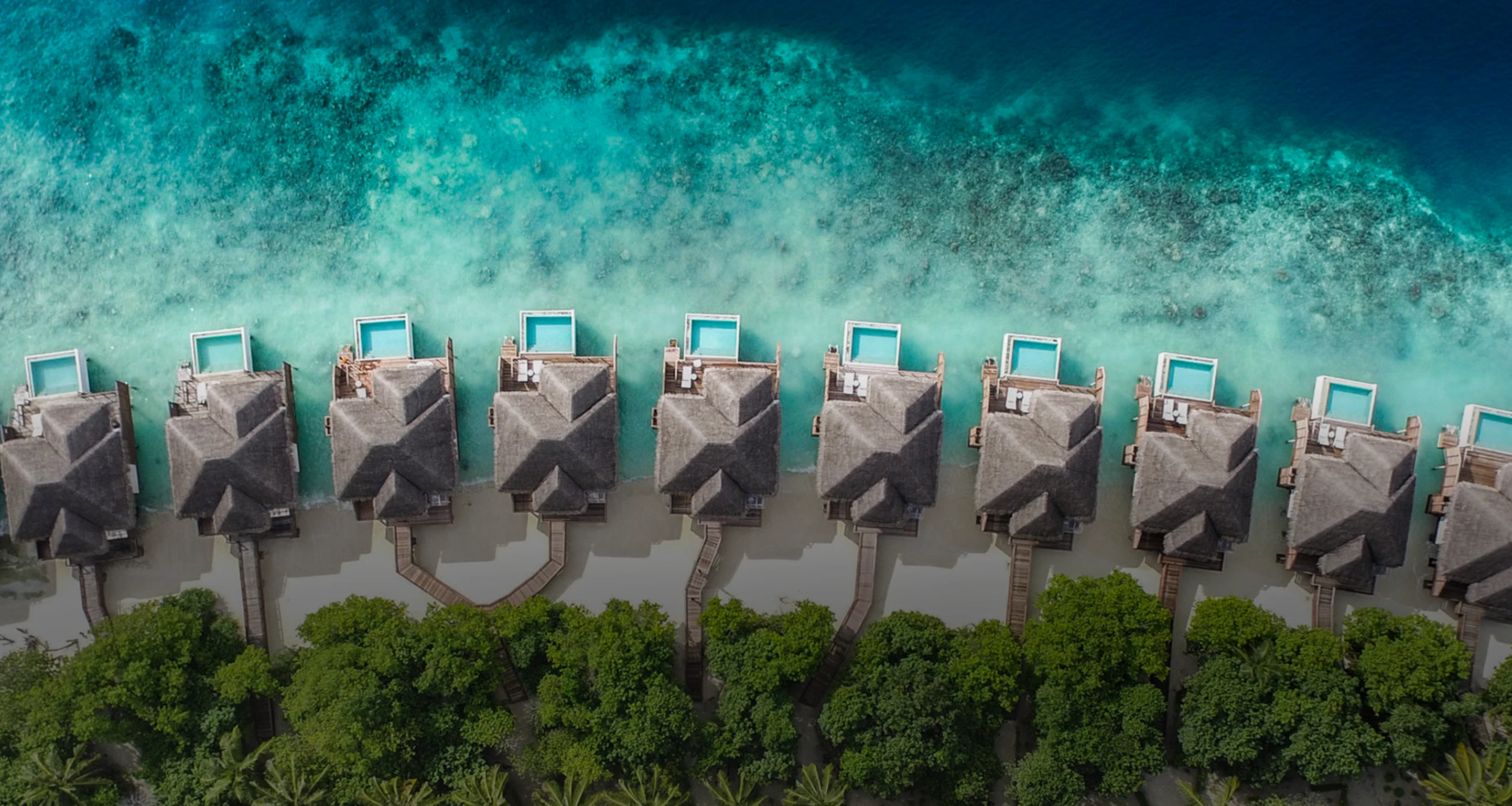

Climate Actions
To support the resiliency of local communities where our businesses operate, we focus on energy and resource efficiency.
This includes a concerted effort to:
Purpose and Goals
Energy and Climate
Climate change is a priority for us. We focus on energy management at the property-level to maximise energy efficiency, particularly in the use of electricity, and greenhouse gas emissions.
Transition to low-carbon emissions: We have implemented greener fuel options and renewable energy solutions, such as replacing heavy oil boiler with an LPG boiler at Dusit Thani Hua Hin, and installing solar photovoltaic system at Dusit Thani Maldives, Dusit Beach Resort Guam, Dusit Thani Kyoto, ASAI Kyoto Shijo, Dusit Thani Lubi Plantation Resort, Dusit Princess Srinakarin Bangkok, Dusit Thani Hua Hin, and Dusit Thani College.
Continuous enhancement of energy efficiency: Our energy conservation programme is established, implemented, and regularly monitored.

Water Management
Recognising water scarcity as a growing risk exacerbated by climate change, we prioritise water management at operational level by focusing on both water efficiency and water treatment.
Enhancement on water efficiency: Engineering and administrative measures have been implemented and are monitored with a focus on main utility systems.
Efficient wastewater treatment: Efficient wastewater treatment system are installed and operated effectively across properties. Where practicable, the treated wastewater is reused for purposes such as irrigating landscapes, watering plants, and cleaning specific area.

Waste Management & Circularity
We recognise the importance of resource efficiency and waste reduction, as well as considering the consequences of our products and services. To minimise potential impacts throughout the value chain, the waste management hierarchy has been incorporated into all phases, from design to operation.
Phasing out single-use plastic: Single-use items are being transitioned to more sustainable alternatives that maintain quality control while meeting customer expectations. This initiative aligns with our brand identity and is embedded in updated hotel operating standards. The key initiatives for hotels include transitioning room amenities to refillable containers and more sustainable options, serving in-room drinking water in glass or reusable bottles, and switching to reusable or sustainable options, such as paper packaging and biodegradable straw.

Food Waste Management
We emphasise a three-tier approach to food waste management:
- Minimising food waste in preparation and production: Efficient stock management and improved kitchen and outlet practices are implemented, as well as running guest awareness campaigns.
- Managing surplus food: Where practicable, surplus food is preserved effectively and collaborations with local partners for managing surplus food are established (where local regulation permits).
- Composting organic waste: Traditional compost piles, liquid fertiliser, or composting machines are employed. The resulting compost from organic waste is used for in-house organic gardens, and/or shared with local partners and nearby communities.

